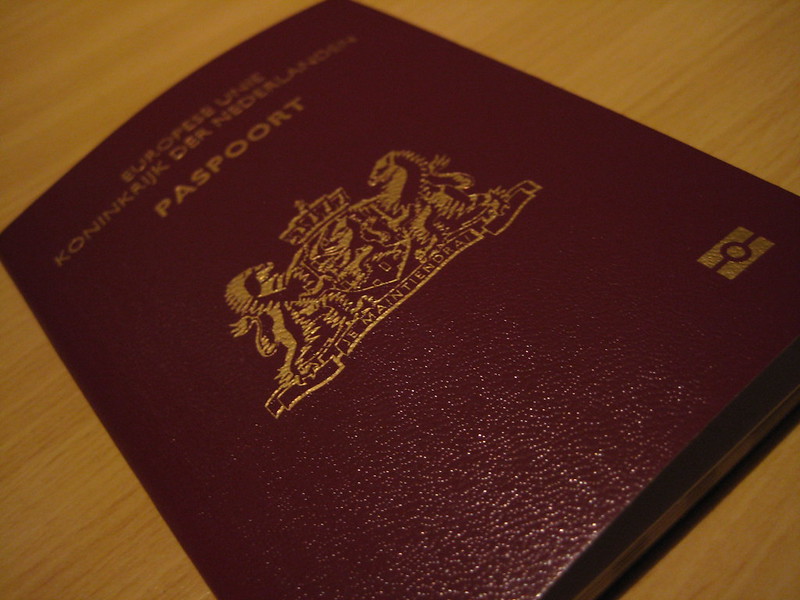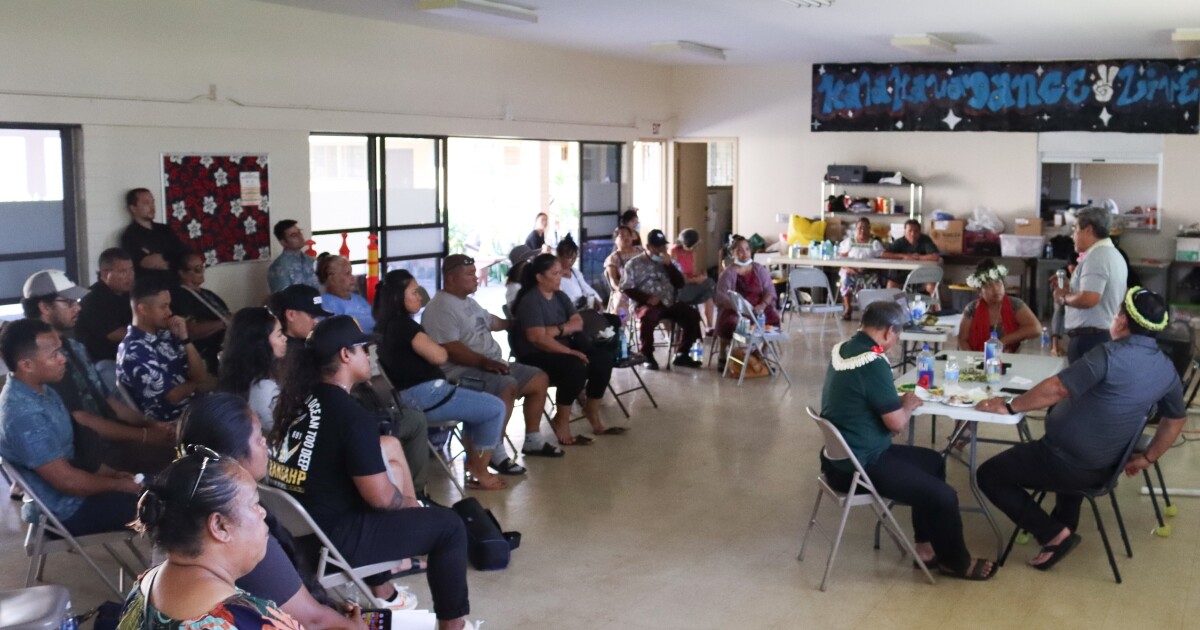- PolyPassport
- Posts
- "The goal was just staying alive."
"The goal was just staying alive."
How politics and healthcare drove an American family abroad.

PolyPassport brings you the stories shaping multiple citizenship and global mobility.

"It ticked all of our boxes." A Texan reaches her breaking point and moves her family to France.
Germany pauses debate on dual citizenship. Geopolitics gums up the works.
Montenegro’s golden passport backlog. Lingering applications complicate the country’s EU ambitions.
A prescription for a new life in France

A pharmacy in Montpellier, France, where Sarah and her family live as expats.
In 2020, Sarah reached her breaking point. The past few years had been an unrelenting struggle.
She lost her husband to Parkinson's disease dementia and a traumatic brain injury. Her daughter Jill was battling congestive heart problems and became a double amputee following complications from a surgery that had gone spectacularly awry.
It was all becoming too much to bear. "The goal was just staying alive from day to day," Sarah recalled.
On top of these personal trials, Sarah grappled with an overwhelming sense that she was a stranger in her own country. The political climate in Texas made her feel like an outsider.
Planning an escape became an escape. A “stress reliever,” she told PolyPassport. Sarah was ready to turn the page and make a fresh start. Enough was enough.
First, they set their sights on Italy, their ancestral homeland. It seemed like a natural next step: they had Italian passports on the basis of descent and Jill herself had lived in Rome for some time.
But as fate would have it, the COVID-19 pandemic significantly delayed their move, and soon they realized Rome's ancient streets would not meet Jill’s mobility needs.
Undeterred, Sarah and her family went back to the drawing board. They ultimately landed on Montpellier, a medium-sized city along the Mediterranean coastline of France.
"It ticked all of our boxes," Sarah told PolyPassport. "It had great medical care. It had a comfortable climate. It had public transit. It was a medium-sized city, not a huge city.”

A dusk scene in Montpellier, France. Photo by Céline Druguet on Unsplash
Sarah and her daughters sold their possessions and arrived in France on a leap of faith. They found remote employment opportunities (not without difficulty) and got themselves acquainted with the healthcare system.
In many ways, their gamble paid off—particularly for healthcare. A visit to her primary care doctor set her back a mere 25 euros, and life-changing cataract surgery was 300 euros all in. She would have paid thousands of dollars for the same procedure in Texas, even with insurance.
Equally remarkable was the level of care. The government provided Jill with two prosthetics every two years, tailor-made to her specifications. Gone were the days of worn-out prosthetics and pleading for replacements. Jill’s medical center even arranges door-to-door transportation for patients with mobility requirements.
But not all was smooth-sailing. Their Italian citizenship, the very thing that allowed them to stay in France in the first place, gummed up the works somewhat. France would not enroll the family in the national healthcare plan until Italy confirmed they were not simultaneously beneficiaries of Italian healthcare.
“Do not ever, ever, ever underestimate the ability of the French to overcomplicate your paperwork,” Sarah warned with a laugh.
Sarah also struggles with communication in healthcare settings. Her French proficiency is limited, making it challenging to engage in nuanced conversations with healthcare providers. While Sarah and her doctors managed to communicate using a mix of English and French, the subtle nuances often eluded them, leaving a lingering sense of longing for the depth of understanding she had experienced back home.
Reflecting on her journey, Sarah offers a piece of advice to readers contemplating a similar path: while healthcare can be difficult to navigate, “people will ultimately help you if you can figure out the right way to ask for help.”
*Names in this article are all pseudonyms out of respect for the interviewee's personal privacy.
Germany’s dual citizenship law hits a snag

A German passport, one of the strongest passports in the world. Photo: Markus Winkler/Unsplash
Germany’s parliament has paused debate on a new citizenship law which would slash residency requirements from eight to five years—and three for German-speaking applicants. The Bundestag plans to resume proceedings in December. One key point of contention is parliamentarian Friedrich Merz’s proposal that all applicants must endorse Israel’s right to exist.
Montenegro grapples with backlog of investor passport applications

Photo credit: Oleg Gratilo/Unsplash
Montenegro's now-shuttered "golden passport" program is in the hot seat. Around 480 applications still hang in the balance as the EU ramps up pressure on the country to cancel them. The program offered citizenship in exchange for an investment of 250,000 euros. While Montenegro eyes EU membership, Brussels is sounding alarms over risks that money laundering and corruption could be linked to the program. 484 passports have already been issued through the program.
Other headlines
Chatter
I’m a dual citizen.
When I land in America on my American passport, it takes about one or two hours to clear passport control and the agent is always a completely nasty individual.
When I land in Europe on my European passport, it never takes me more than ten minutes and the… twitter.com/i/web/status/1…
— Joey Mannarino (@JoeyMannarinoUS)
9:46 PM • Nov 24, 2023
Thailand offers 10-year visas for investors in industrial east reut.rs/3MZ9sBY
— Reuters (@Reuters)
7:45 AM • Nov 24, 2023
France and the US eased visa and residency permit procedures for investors, the French foreign ministry said
— Bloomberg Markets (@markets)
6:48 PM • Nov 21, 2023
Quote of the week
"It is an indescribable great joy with such acceptance, love and everything. I will be an Albanian with papers too."



